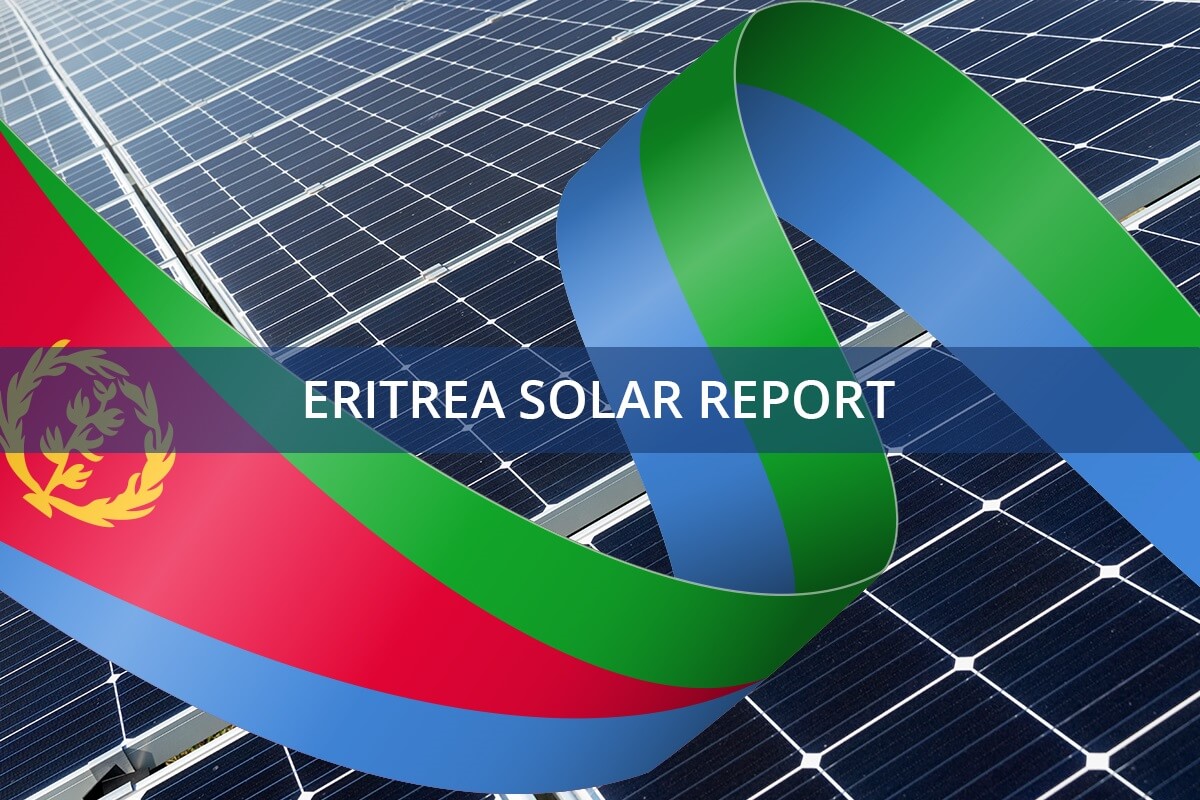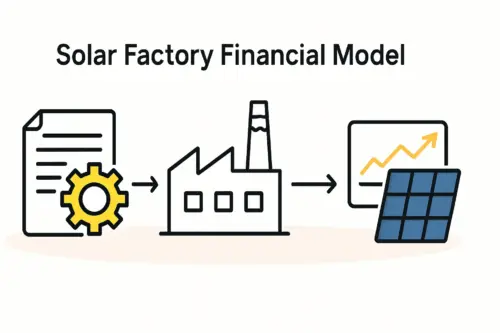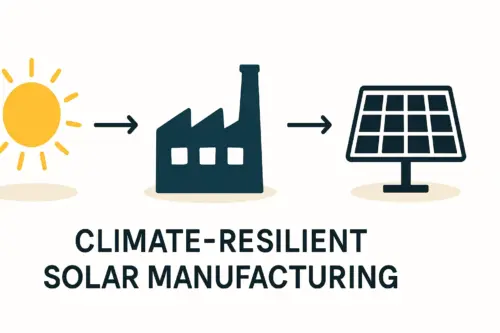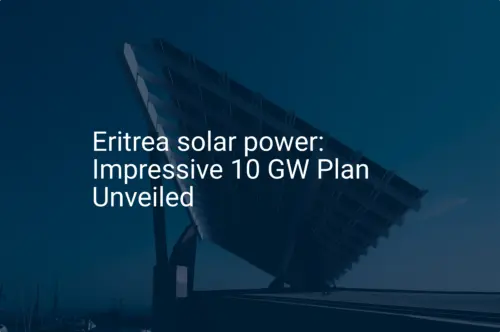For international entrepreneurs eyeing the African solar market, the primary concern is often regulatory clarity, not technical feasibility. Navigating an unfamiliar legal system can seem more daunting than assembling a production line. However, some jurisdictions have established surprisingly direct frameworks to attract foreign capital.
Eritrea, through its Investment Proclamation No. 18/1991, provides a structured and incentivized path for investors, particularly in strategic sectors like manufacturing. This article offers a business-focused analysis of the key provisions in Eritrea’s investment law that apply to establishing a solar module manufacturing facility. It translates the legal text into a practical roadmap for business planning, outlining the processes, rules, and incentives designed to support foreign investors.
Understanding Eritrea’s Pro-Investment Framework
The Eritrean government enacted Investment Proclamation No. 18/1991 to encourage private investment, both domestic and foreign, and to drive economic development. The law establishes the Eritrean Investment Center (EIC) as the central administrative body—a one-stop shop for investors. This structure streamlines the application and approval process by providing a single point of contact for all regulatory requirements.
For foreign business professionals new to the country, a central authority like the EIC is a significant advantage. It simplifies bureaucracy and provides a clear channel for communication and compliance, from the initial application to final operational approval.
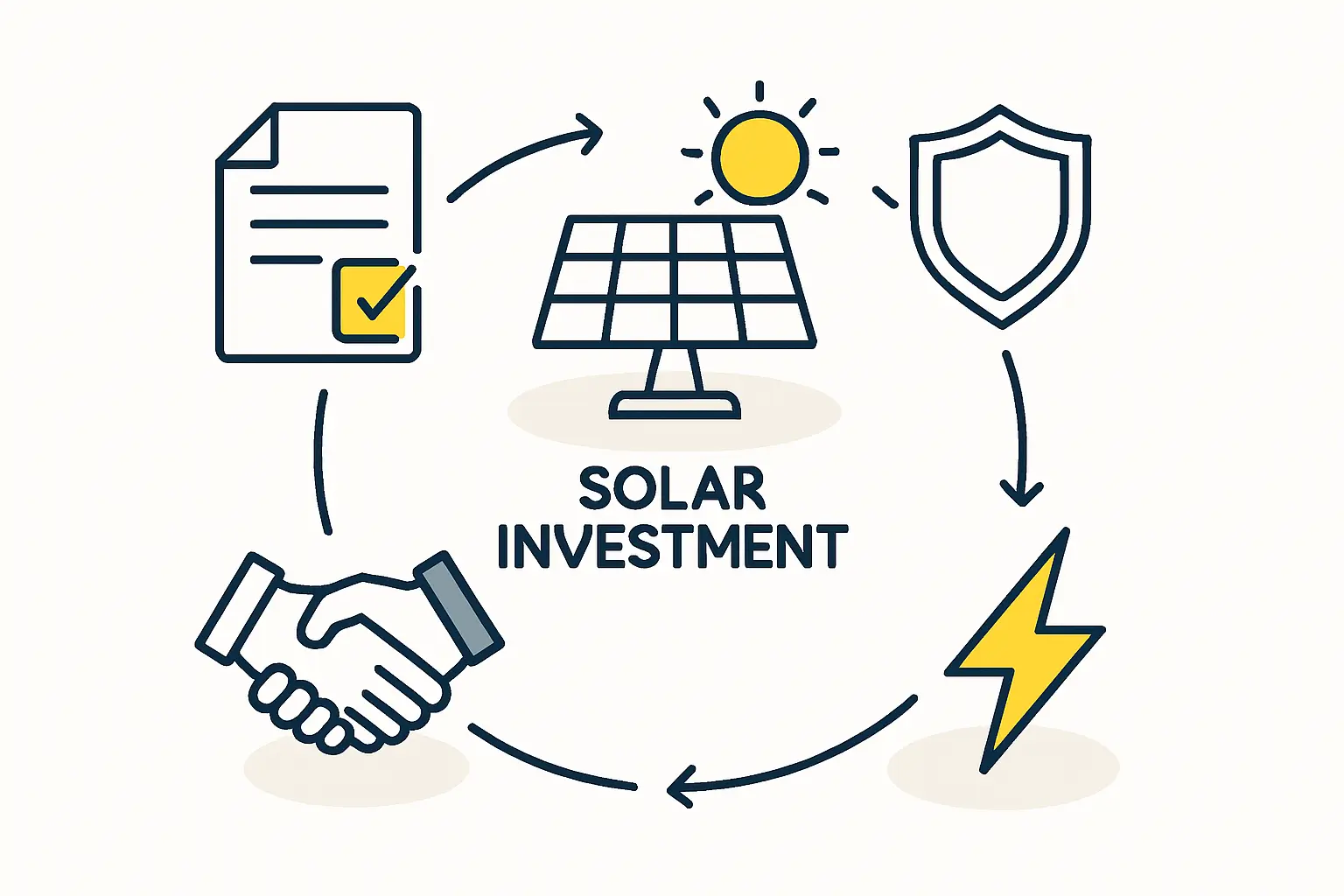
Key Provisions for Foreign Solar Manufacturing Investors
The proclamation outlines a clear set of rules and benefits that directly address the common concerns of foreign investors, such as ownership control, capital requirements, and financial returns.
Foreign Ownership and Capital Requirements
A standout feature of Eritrea’s investment law is its provision for 100% foreign ownership for manufacturing projects, which includes solar module assembly. This is a critical factor for entrepreneurs who wish to maintain full control over their operations, technology, and strategic direction without the legal requirement of a local partnership.
The law specifies a minimum capital requirement of USD 500,000 for new foreign investments in the manufacturing sector. This capital is expected to cover initial setup costs—including the importation of machinery, raw materials, and other pre-production expenses—and serves as a baseline to demonstrate the investor’s financial commitment and capacity.
The Investment Approval Process: A Step-by-Step Guide
The Eritrean Investment Center manages a structured process for evaluating and approving new projects. While specific documentation requirements may evolve, the general pathway follows these steps:
-
Application Submission: The investor submits a formal application to the EIC, supported by comprehensive documentation, including a detailed solar panel manufacturing business plan, feasibility studies, and information about the investors.
Ready to make big Profits?
The solar Industry is Booming
WE HELP NEWCOMERS to the solar industry start their own solar module production line. Customers can make BIG PROFITS by selling modules and finding investors, without wasting money and time on things they don't need!
-
EIC Evaluation: The EIC reviews the proposal to ensure it aligns with national development objectives and complies with all legal and environmental regulations.
-
Permit Issuance: Upon successful review, the EIC issues an Investment Permit, which serves as the official license to establish and operate the business in Eritrea.
Based on J.v.G.’s experience with turnkey projects in emerging markets, a thoroughly researched and professionally prepared business plan is the most critical element for a smooth approval process.

Fiscal Incentives and Guarantees
To make investment financially attractive, Proclamation No. 18/1991 includes a robust package of fiscal incentives and legal protections designed to lower initial costs and enhance the venture’s long-term profitability.
Key incentives include:
-
Tax Holidays: New projects may be granted an income tax holiday for a specified period after operations begin.
-
Customs Duty Exemptions: Imported capital goods, machinery, and equipment for the factory are exempt from customs duties and other taxes, significantly reducing the initial investment required for a solar module production line.
-
Repatriation of Capital and Profits: The law guarantees foreign investors the right to remit profits, dividends, and interest payments out of the country and permits the repatriation of original investment capital upon the sale or liquidation of the enterprise.
-
Protection Against Expropriation: The proclamation provides legal guarantees against the nationalization or confiscation of private property, unless required for a public purpose and accompanied by prompt and fair compensation.
Investor Obligations and Operational Considerations
In return for these incentives, foreign investors are expected to operate in accordance with Eritrean law and contribute to the local economy. The key obligations include:
-
Legal Compliance: Adhering to all national laws, including labor regulations and environmental standards.
-
Local Employment: Prioritizing the hiring and training of Eritrean nationals to foster skill development and local employment opportunities.
-
Reporting: Providing the EIC with periodic reports on operational and financial performance as specified in the investment permit.
Practical considerations, such as securing a suitable location and designing an efficient factory layout, are also paramount. The physical infrastructure must meet both production needs and regulatory standards. A clear understanding of factory building requirements is therefore an essential part of the planning phase.

Dispute Resolution Framework
Addressing another common investor concern, the proclamation outlines a clear framework for resolving disputes. While encouraging amicable settlement first, it allows for disputes between the government and a foreign investor to be settled through national courts or referred to international arbitration bodies like the International Centre for Settlement of Investment Disputes (ICSID), in line with established international conventions.
Frequently Asked Questions (FAQ)
Is 100% foreign ownership truly permitted for a solar factory in Eritrea?
Yes, Investment Proclamation No. 18/1991 explicitly allows 100% foreign ownership in the manufacturing sector, which includes solar panel assembly plants.
What is the primary role of the Eritrean Investment Center (EIC)?
The EIC acts as a central administrative body for all private investment, both foreign and domestic. Its role is to facilitate the investment process by handling applications, issuing permits, and providing guidance to investors.
Can a foreign investor bring in an expatriate management team?
Yes, the investment law permits the employment of expatriate personnel for key managerial and technical positions, subject to the relevant national laws governing immigration and labor.
How does this framework protect an investor’s capital?
The proclamation offers two key protections: a legal guarantee against nationalization without fair and prompt compensation, and the guaranteed right to repatriate both profits and the original capital investment.
Next Steps in Your Investment Journey
Eritrea’s Investment Proclamation No. 18/1991 provides a clear, structured, and incentivized legal framework for foreign entrepreneurs looking to establish a solar manufacturing presence. Its provisions for full foreign ownership, significant tax and customs exemptions, and capital repatriation create a competitive foundation for such a venture.
While this guide outlines the legal landscape, the next step is to translate these provisions into a viable financial and operational model. A comprehensive feasibility study and a robust business plan are the essential tools for navigating the path from legal understanding to a fully operational solar module factory.

